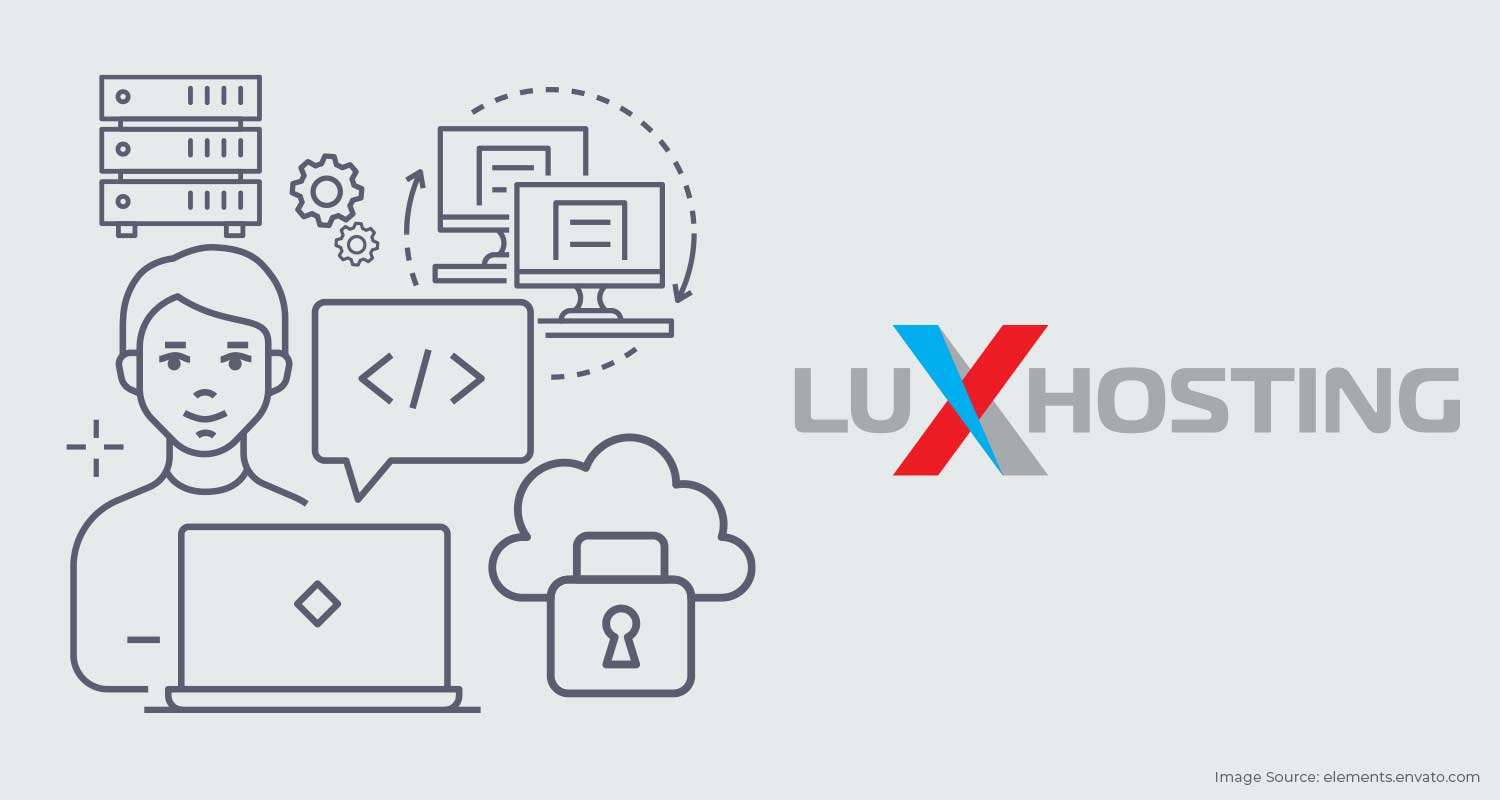As the world becomes more digitally connected, businesses need to partner with cloud service providers offering domain registration, reliable web hosting, and cloud solutions. Moreover, companies are abandoning on-premise IT infrastructure and migrating to cloud computing by partnering with a public cloud provider.
Why On-premise Infrastructure to Cloud Solutions?
You may wonder why a company would do away with its on-premise IT infrastructure and migrate to public clouds? On-premise infrastructure has the following challenges:
Upfront capital investment
Companies need huge capital investments to purchase hardware and software resources catering to current and future needs. The upfront investment on resources that the company may not use immediately causes ineffective purposing of resources, denying other critical areas the funding they need.
Limited scalability
Sometimes, companies experience varying service demand, including abrupt high demand, which later falls back to the normal or unexpected customer increase. Companies may not meet the such abrupt high demand for services, especially when the demand exceeds the current capability of its IT infrastructure. Meeting those needs may require the company to expand its resources by upgrading the current infrastructure or new ones. That process may cause service disturbance and eventual loss of clients.
Staff and maintenance costs
A company requires experts to run its IT infrastructure. Additionally, the infrastructure requires continuous servicing, upgrading, and replacement.
It costs more for a company to hire and retain IT experts and maintain the IT infrastructure.
These and other challenges often inform the need to migrate from on-premise infrastructure to cloud solutions.
The Benefits of Migrating to the Public Cloud
 UK IT Industry Pros agree that business operations on a public cloud greatly benefits a company. Public cloud providers leverage economies of scale to provide cloud service at a lower rate compared to the cost of running on-premise IT infrastructure. Here’s what a company can gain by migrating to a public cloud:
UK IT Industry Pros agree that business operations on a public cloud greatly benefits a company. Public cloud providers leverage economies of scale to provide cloud service at a lower rate compared to the cost of running on-premise IT infrastructure. Here’s what a company can gain by migrating to a public cloud:
Save on infrastructure costs
Migrating to a cloud provider means utilizing their IT infrastructure. A company will save on the costly expenses of purchasing, upgrading and maintaining IT infrastructure. Public cloud providers utilize the state-of-the-art infrastructure and ensure service availability 24/7.
Save on staff costs
Running business operations on a public cloud means a company does not need a fully-fledged IT department with many staff managing the in-house IT infrastructure and those at data centers. One or two IT experts can manage the cloud resource saving on staff costs. Moreover, cloud providers employ highly-skilled professionals to run their cloud infrastructure, assuring continuous availability.
Scalability
A public cloud dynamically avails resources that match service demand in a hyper-scale environment. Companies no longer need to make the upfront investment to cater for predicted future needs or an unprecedented spike in service demand. The management is assured that they can comfortably handle variations in service demand.
Performance
Migrating to a modern cloud will likely enhance throughput and overall performance. The availability of data centers in different regions brings systems closer to the customers, thereby decreasing network latency and improving customer experience.
Security
Cloud service providers like LuxHosting design and deploy high-level security controls to guarantee data integrity, confidentiality and availability. Security controls include automated data redundancy, effective data recovery processes, threat intelligence and mitigation measures, and system and network monitoring. Migrating to the cloud saves a company the complexity and cost associated with implementing data security measures.
Switching from On-premise Infrastructure to Public Cloud
Switching can be challenging if you don’t have a clear plan. You can take the following general measures to ensure a successful migration:
- Prepare for migration - Create a “migration team” to help with the process and establish the migration’s key performance indicators (KPIs)
- Identify a suitable web hosting or cloud provider.
- Inform the Public cloud provider expert to a one-on-one meeting to help them understand the cloud infrastructure and what needs to be adjusted before migration.
- Setup the Cloud for migration
- Define the mode of migration and cloud migration tools that ensure business continuity
- Migrate application and data
- Verify data and applications.
- Evaluate the performance and continually optimize it.
- The above process is not cast in stone and can be adjusted to suit varying needs.
The challenge in the Cloud Industry
Research done on the experiences of 500 UK IT Industry Pros in the past two years exposes a decline in trust for cloud providers. Transparency issues on cloud usage cost majorly cause the decline. Other issues include poor customer service and difficulty transferring workloads from a public cloud environment. These findings point to some cloud providers’ inability to meet their customers’ needs. Luckily, customers can find reliable cloud colocation hosting providers such as LuxHosting, delivering value for money. Learn more about hosting in Luxembourg here.
Switch now to the Public Cloud
There is no better time to switch to cloud service than now. Luxhosting.com offers a range of services in the form of a one-stop shop. These services include domain registration and transfer, web hosting, web technologies (website builder, SSL certificates, web hosting and website monitoring), Cloud hosting and backup, VPS, and dedicated servers. Register for web hosting now and get a 10% discount with the code 010host (1-time discount for any billing cycle).



